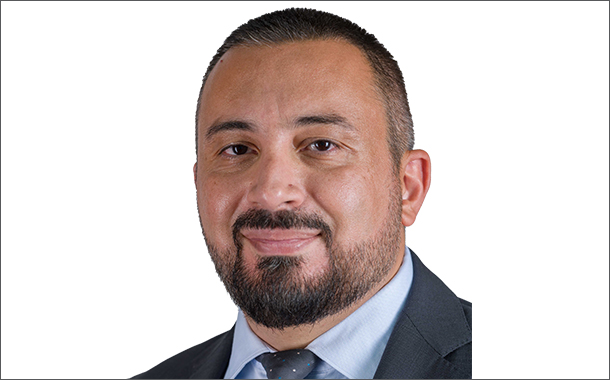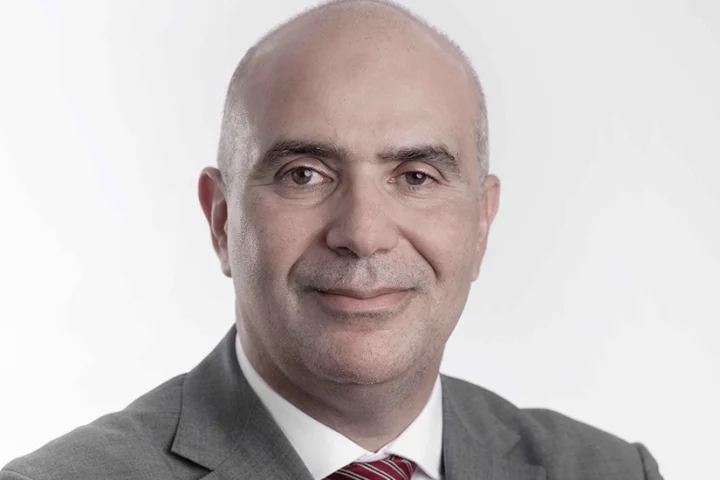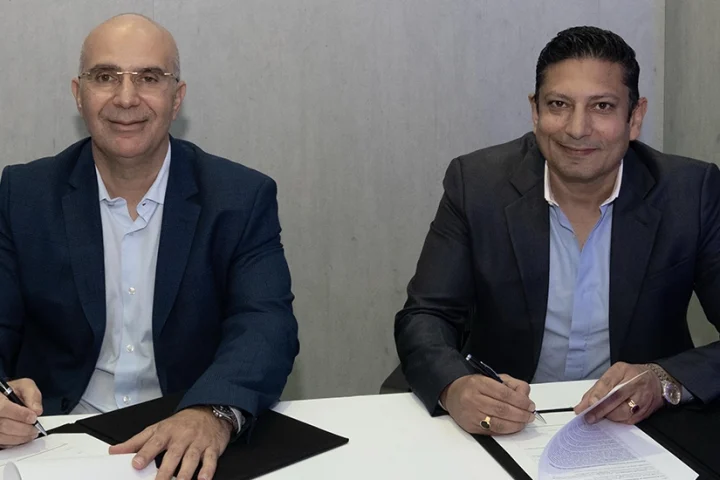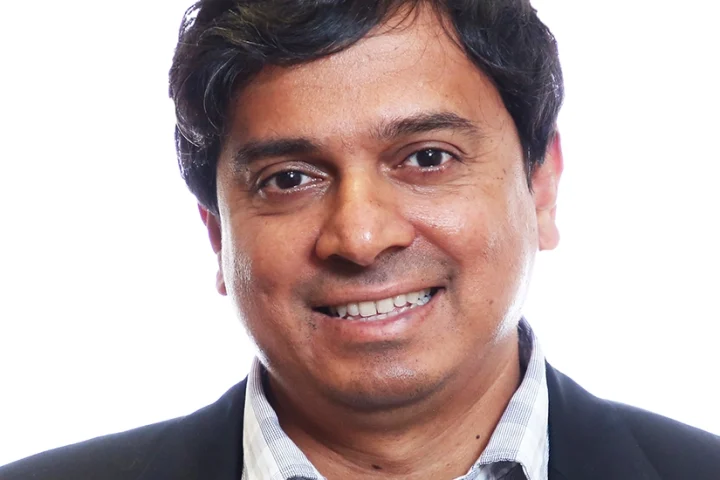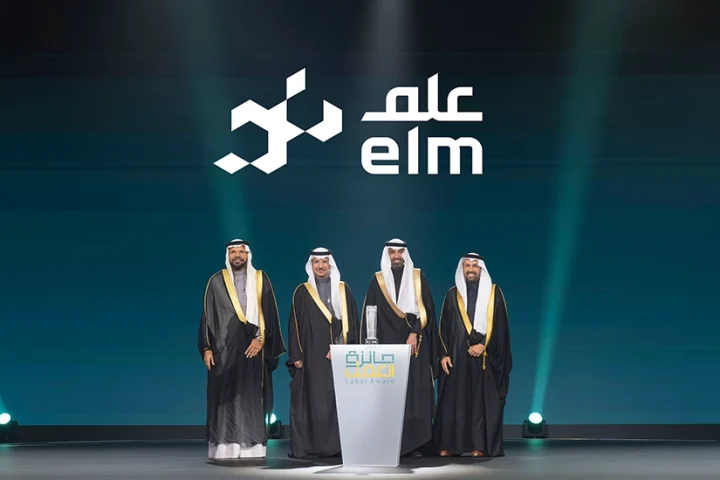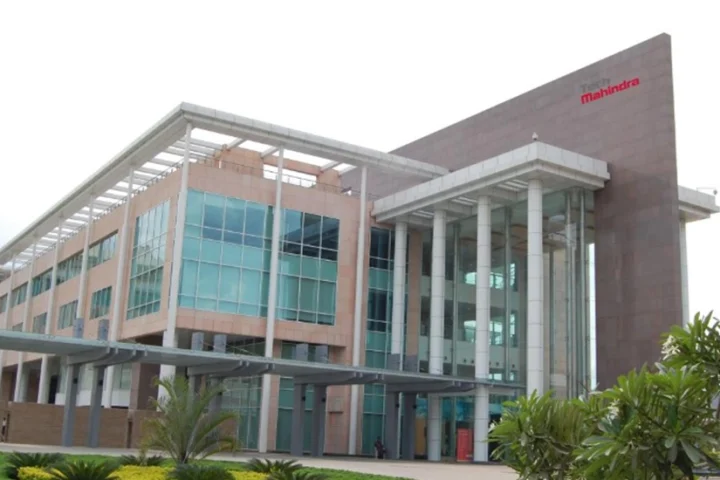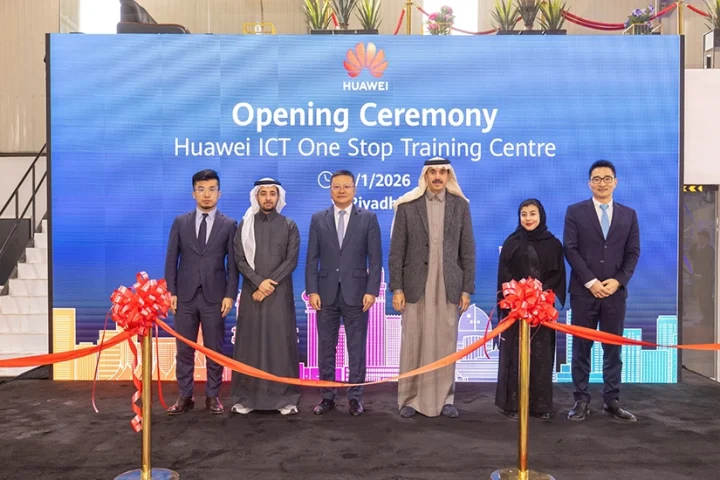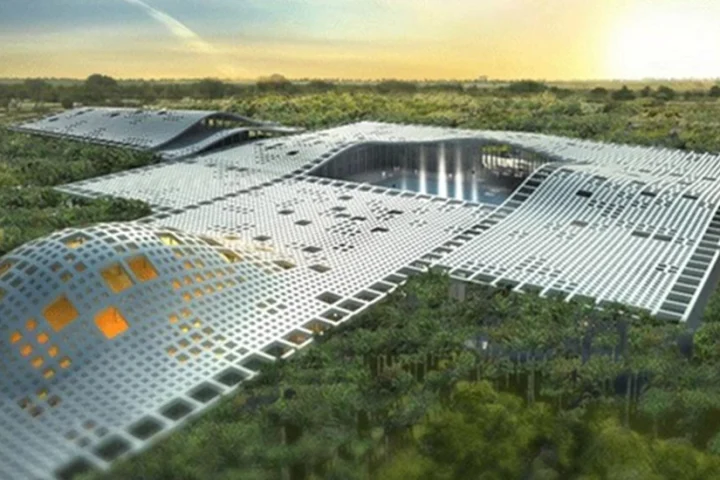As enterprise infrastructure demands are growing, so is the need for datacentres to transform, be scalable, and agile. The future of datacentres will be hybrid and distributed, with use cases encompassing the cloud and edge. According to Gartner, 75% of enterprise data will be processed outside a traditional centralised datacentre or cloud by 2025.
The move towards decentralisation of datacentres is driven by new business needs to accommodate a fast-changing digital landscape and proliferation of IoT.
Edge datacentres and network topologies, such as spine-leaf architectures, have emerged allowing for lower data latencies. Hyperconverged infrastructure is also increasing, where software-defined IT infrastructure is taking center stage, as it encompasses all the elements of a traditional datacentre with a move away from legacy infrastructure.
It is an interesting time to see how these conditions are challenging CIOs to rethink the role of the datacentre and ultimately find solutions that will allow their organisations to succeed in the digital era.
Datacentre monitoring and maintenance, especially storage infrastructure is becoming more distributed and scaled out, can be increasingly harder to manage and may put added strain on IT teams. Organisations therefore are opting for automation to monitor, manage and maintain the routine processes and workflows of datacentres, freeing IT teams for further innovation.
Moreover, having a proper plan and strategy outlining project roadmaps, including proper data backup, efficient security systems, and migration in phases, are essential in safeguarding connectivity and ensuring customers do not experience unwanted losses. Datacentre power usage can also be a challenge, but advances in energy efficiency and server virtualisation are helping to reduce energy consumption and costs.
On the Global Alliances, there are three different partner types that we work closely with: Cloud Service Providers CSP who leverage Dell Tech’s pay-as-you-go, self-service and off premises cloud services; Strategic Outsourcers who manage and host services on and off premises; and System Integrators who provide services including business consulting and technology integration.
For enterprises, having a modernised datacentre is one such key priority, as data storage and management are essential to unlocking the vast potential enterprise data holds. Customers are using Dell Technologies’ solutions to store and protect their data in a multi-cloud world, to manage the data pipelines as these flow from different sources into their systems in a connected world and to harness the power of that data by accelerating its insights and realising faster outcomes.
Dell Technologies delivers tailored IT infrastructure from the edge to the core to the cloud for customers who want to expand their capabilities. With Dell Technologies, organisations can set the standard for datacentre agility, efficiency, and management, and build the datacentre athey need with proven effectiveness in harsh environments.
Dell EMC’s Modular Datacentre solutions allow organisations to scale faster with unique validations, address unique business requirements with tailored infrastructure, accelerate transformation to a software-defined datacentre with Dell EMC product offerings, and outpace brick-and-mortar by delivering datacentre capacity with speed, quality and efficiency.
These include edge datacentres, machine learning and storage servers, such as the PowerEdge series built for enterprises, Software-defined datacentre SDDC offerings where infrastructure is virtualised and delivered “as-a-service”, and datacentre consolidation and migration solutions. Dell Technologies also provides a portfolio of data storage technologies for modern and legacy applications, such as the PowerStore and PowerMax series, architected for a variety of data sets – including unstructured, semi-structured and structured data.
The move towards decentralisation of datacentres is driven by new business needs to accommodate digital landscape and proliferation of IoT.


